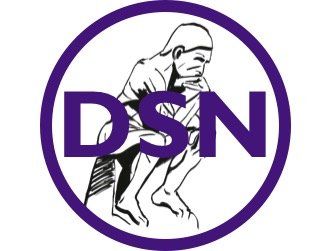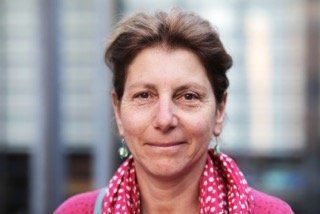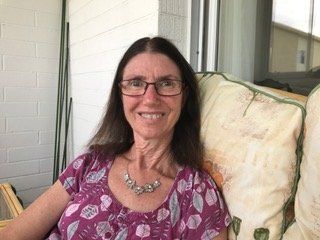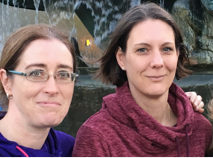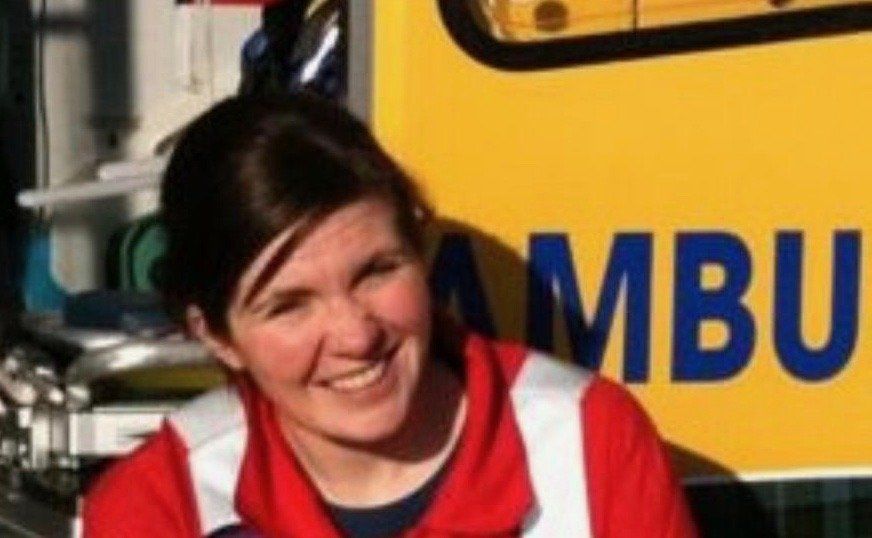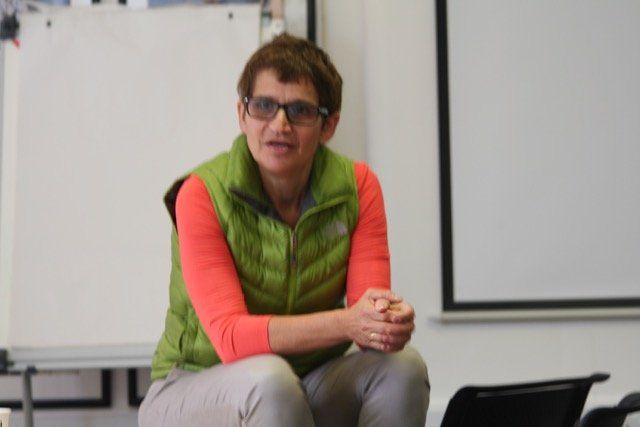DSN 2018 AGM & conference - positive peer support in Edinburgh!
Physician health managed care network, neurodiversity in doctors, talking about our own mental health & equine facilitated psychotherapy!
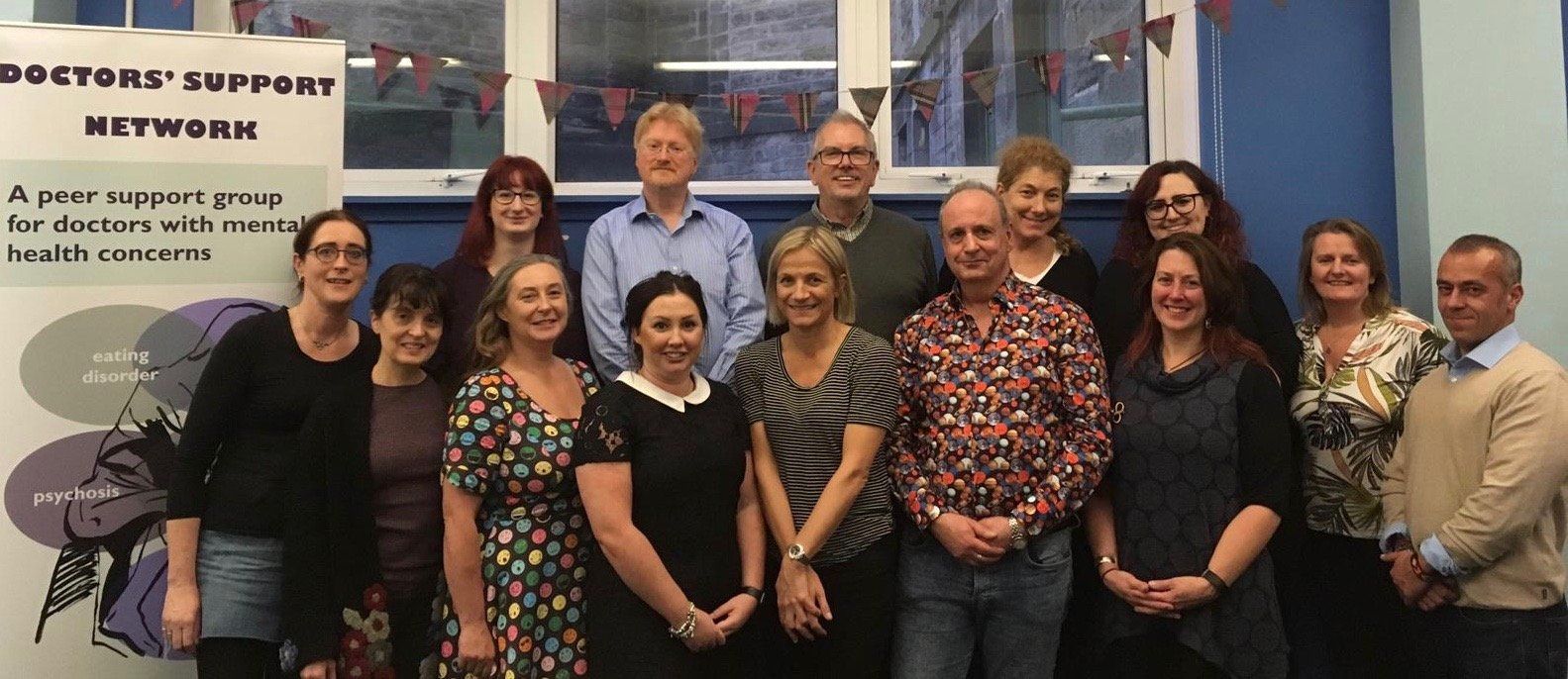
For the first time in DSN's two decades, we held our AGM and conference in Edinburgh. Scotland has a long standing DSN face to face group and our vice chair Dr. Malcolm Kinnear is a consultant at Tayside.
AGM
We elected our officers and committee for 2018-19 as below:
- Co-chairs: Dr. Louise Freeman and Dr. Angelika Luehrs
- Vice chair: Dr. Malcolm Kinnear
- Co-treasurers: Dr. Wendy Reid and Dr. Caroline Ritchie
- Secretary: Dr. Matthew Christie
- Membership secretary: Dr. Susan Atcheson
- New committee member: Dr. Rebecca Lawrence
In the afternoon, for the conference part of the day, we heard from engaging speakers on a variety of topics around physician health.
DSN is extremely grateful to BMA Scotland
for their sponsorship of our conference.
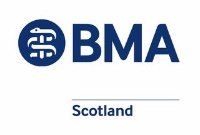

Proposed Scottish physician health managed care network
As chair of the
Royal College of Psychiatry in Scotland
from 2013-17, Dr. Alastair Cook chaired a steering group to build a business case for a national network to support doctors' mental health in Scotland.
We were delighted to welcome Alastair to update us on the state of plans around commissioning a managed care, physician health network for Scotland. He first outlined the current situation where informal networks of interested psychiatrists were seeing substantial numbers of doctors and mentioned various unsatisfactory features about this arrangement e.g. difficulty in clearly identifying a psychiatrist with an interest in this area. He described plans for taking this forward involving updating the business case, establishing a hosting arrangements and identifying a clinical lead and team. There was an animated discussion after Alastair's presentation including comments on how postcode medicine would not be acceptable in 'normal' patient care and that rural general practitioners were particularly in need of support. Attendees were impressed with Alastair's obvious commitment to the project.
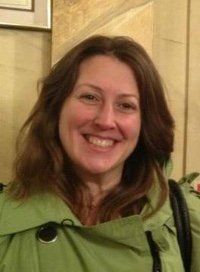
Neurodiversity in the Medical Profession
DSN member, Dr. Shirley Moore has published an
article
in Scottish Autism about her own experience of being diagnosed with Autism Spectrum Disorder (ASD).
Shirley first explained what neurodiversity is and how neurodivergence might manifest in doctors. She described how many neurodivergent traits such as having excellent attention to detail and problem solving skills can be helpful to medics while others such as social awkwardness and difficulty with adapting to change can cause problems at times. Shirley then discussed how acquiring a formal diagnosis of neurodivergence can be helpful in identifying necessary support although there is a risk that the condition could be used to harmfully label an affected doctor.
Shirley co-ordinates a Facebook group ‘Square Pegs’ - a group for female (or identifying as female) healthcare professionals or students who are neurodivergent (specifically ASD, ADHD, ADD). Shirley says 'No formal diagnosis is necessary. We welcome members who are self-diagnosed. Our members are predominantly in or from the British Isles, however we will not exclude anyone from elsewhere with an interest in our countries.' Get in touch with Shirley via the info@dsn.org.uk email address to request addition to the 'Square Pegs' group.
‘
Neurodiverse docs UK
’ is another (closed) Facebook group for doctors with neurodiversity.
DISCUSSION - Talking about our own mental health as medics; being real while staying professionally safe
We had an excellent discussion including views from students, trainees, consultants, GPs and therapists. A few points from our discussion were:
Sharing with patients:
' You just know when people have been there themselves
.', ' You don't need to actually say (about your own experience)
' and about how telling about an element of your story in the third person can be very useful.
Sharing with colleagues:
' Shame attached (to mental ill health) in healthcare is a big problem
.' and ' I disclosed to colleagues since before I started psychiatry - no regrets.
'
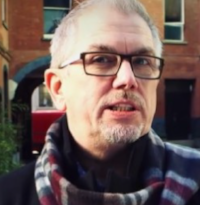
Equine Facilitated Psychotherapy - an introduction
After 35 years in England as both a Registered Nurse and as a therapist/counsellor in private practice,
Mike Delaney
has managed to enjoy a sustained career in mental health and addictive behaviours. Until 2015, Mike was Clinical Director and CEO of Bayberry Ltd, a residential treatment facility, which was set up specifically for doctors, dentists and other healthcare professionals who had mental health/addiction issues.
Mike has recently moved back to central Scotland where he plans to introduce the LEAP Equine
model.
Mike told us about his initial scepticism regarding equine facilitated psychotherapy (EFP) and his subsequent realisation that this mode of therapy could help a variety of his clients, often in a relatively small number of sessions. For example, he has used equine facilitated psychotherapy with great success for clients with addiction and PTSD, noting that the therapy worked without the client having to verbalise a traumatic experience. Mike described a trial of EFP with troubled teenagers in which they moved from 'It's insane to talk to horses!' to 'It's amazing-it has really made me happy again.'
Watch a short video - 'My day with Dobbin' - about one client's powerful experience of EFP here
Mike's website - click here
We concluded an excellent day by going for a fine dinner in a local restaurant.
JOINING DSN
If you're interested in physician health and haven't come across DSN before, any UK doctor or medical student, with mental health concerns, is warmly invited to consider joining (it's free with a suggested donation) and taking part in our anonymous, confidential support forum. Anyone not included in the above category who supports the aims of DSN in improving physician health is invited to consider becoming an associate member. Find out more on our JOINpage.
PUBLICITY
Our leaflets and posters can be downloaded and printed out from our PUBLICITY
page.

